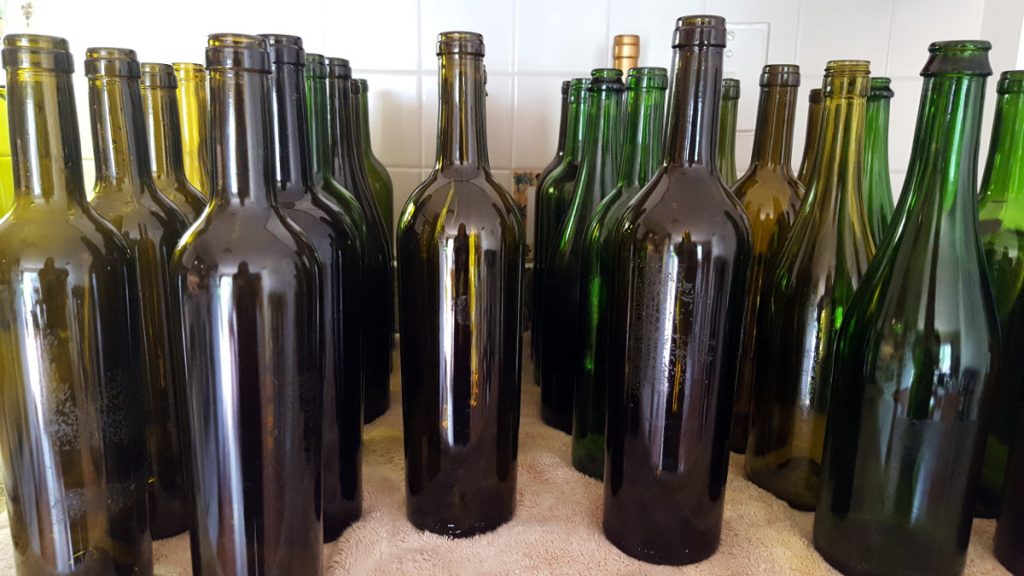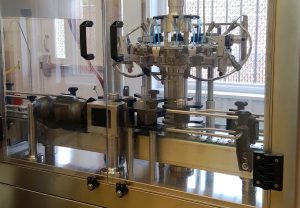The Pre-Bottling Prep Production Guides for white, red, and formula wines are now available on the DGW Learning Center.

What is the purpose of pre-bottling prep production guides?
In meeting with current and potential clients, I have noticed that many wineries struggle with logistics surrounding pre-bottling operations. Pre-bottling operations include:
- Testing for and performing heat stability/stabilization.
- Testing for and performing cold stability/stabilization.
- Considering use of CMC for cold stabilization in the appropriate wines.
- Developing adequate bench trials for final wine formulas, and evaluating stability after the formula is developed.
- Adding ingredients (e.g., sugar, Gum Arabics, etc.) at the appropriate time in production to allow for full and adequate stabilization.
- When to evaluate for proper wine chemistries and/or sensory testing.
Many wineries find themselves rushing through processes like cold stabilization soon before they are ready to bottle and release the wine. Rushing through cold stabilization can ultimately lead to tartrate precipitation in bottle. A few are unaware of potential alternatives, like use of CMC, to avoid the cold stability step all together. Other wines may not necessarily need cold stabilization.
Therefore, these Pre-Bottling Prep guidelines will help wineries better prepare for the processes leading up to bottling. Additionally, these forms force winemakers to double check they have completed all necessary evaluations prior to bottling.
How can we work together using pre-bottling production guides?

The Pre-Bottling Prep Production Guides are designed to encompass two things:
- Provide you with a list of what processing step to do and when to complete it, and
- Act as a record on when the processing step was completed and who completed that task.
Therefore, we can use these guides together as a way to improve communication about your wines as they flow through the production process.
Use as Production Records
Pre-Bottling Prep Production Guides are written in a way that can be integrated as part of your winery’s record keeping system. If problems arise, we can look at your recorded data on the production guide together and determine where an issue may have occurred.
Determine What Processes are Needed for Your Wines
If you are in the middle of crafting a new wine, you may not know all of pre-bottling stability steps that should be taken before the wine gets packaged. This may be especially true if you are developing formula wines. Together, we can look at a Pre-Bottling Prep Production Guide and mark the necessary processing steps for a given wine before you start various wine processes. This proactive step helps you save time, resources, and make better management decisions over the course of a production year.
Improve Winery Efficiency
If you’re struggling with getting your tanks emptied before harvest, we can also use the Pre-Bottling Prep Production Guides to develop an annual calendar of processing steps. This calendar will help you better plan for moving wines out from the cellar’s space and into bottled inventory. We can review the timeline together to make it most convenient for your operation and provide you with better long-term efficiency.
Help with Developing Formula Wines
There have been more formula alcoholic beverages integrated into the wine, beer, cider and spirit markets both nationally and regionally. As some wineries have struggled with
- Product stabilization,
- Eliminating hazes and precipitates,
- Flavor development and retention,
- Appropriate color stability, and/or
- Post-bottle stability,
these guidelines provide a timeline in which wineries should be developing their formulaic products. The timeline provides plenty of time for evaluating bench trials and ensuring the wine is properly stabilized before it reaches bottling operations.
Formulaic wines introduce ingredients that may alter base wine chemistry and cause multiple irregular instabilities in the product. The presence of hazes, precipitates, and color inadequacies are all common problems associated with formula wines. Additionally, flavor development and basic quality tend to be problem areas for many of these products.
DG Winemaking is on the cutting edge of formula-based wines, and offers a unique approach at developing craft, quality beverages. I’m working with reputable commercial ingredient suppliers and using product development techniques to push boundaries on formula wines.
The Pre-Bottling Prep Production Guidelines are one step in teaching wineries how to better plan for the development of formulaic alcohol beverages. I can also help you classify these wines based on the CFR, and provide you with labeling terms for your formula/label submission to the TTB.
Whether you’re making a bottled Sangria, wine cocktail, or flavored wine, I can help! Inquiries are welcome at info@dgwinemaking.com.
